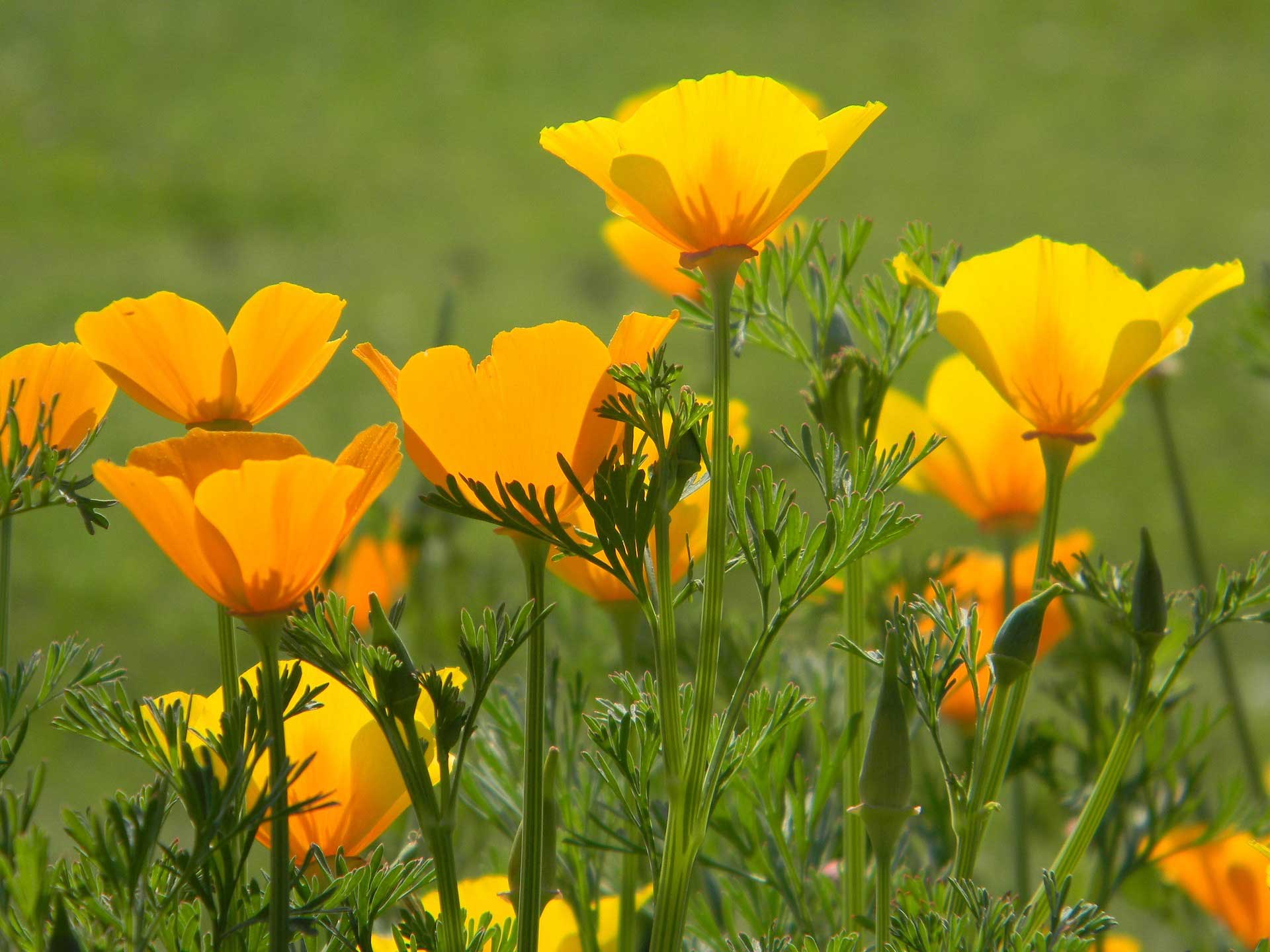Mastery of Your Energies (Brahmacharya)
When a physicist examines a grain of sand under a powerful microscope, s/he will see the smallest particles of that substance, which we know as atoms. With a very powerful microscope, they can observe the minute particles of those atoms. And surprisingly, scientists discovered that if they were able to magnify their observations even more, they made an amazing discovery: that those particles of particles of particles were not really solid, but fluctuations of energy.

That’s right – in essence, every “physical” thing in this universe amounts to energy. As the movement of energy creates particular patterns in its fluctuations, it will manifest as water, skin, or stone. But the bottom line is that we’re all made of vibrant, moving energies.
Energy of matter, energy of consciousness
As true as it is for our physical body, so it is for our thoughts and emotions. These “internal” experiences, for lack of a better word, are movements of energy in our consciousness. In yoga philosophy, we are made of many energetic sheaths, known as the koshas, from the most physical to the subtle experiences of wisdom and bliss.
Like the electricity and gas we use in our homes, our life force, or prana, flows through, within, and around us. And like those utilities we pay for, it must be used wisely. For if we waste our own internal energies, like leaving the stove on unattended, we can run up quite an electric bill, fry out a circuit, or worse yet, burn the house down.
Mastering our energy
This is why one of the five ethical principles of yoga is Brahmacharya – mastery and conservation of our energies. Translated literally as “walking the path of God” or “celibacy”, Brahmacharya was a practice that the ancient ascetic yogis took on as commitment to their spiritual path. Much like modern day monks and nuns who take their vows of chastity, the yogi was expected to devote all of his energy to seeking union through the austerities of meditation, breathwork, chanting, study, and other yogic techniques. Sexual excitation can use a lot of our vital energy and potentially deplete it if excessive or expended without integrity, so this practice was essential for the renunciate.
For the modern-day yogi or yogini, however, celibacy may not be practical, possible, or even desirable. Unless we’re living in a monastery, most of us are probably living the life of a “householder” in Indian terms – married or having relationships, and the mental, emotional, and sexual connections between partners are an essential part of healthy intimacy.
Therefore, we delve into the deeper understanding of the term Brahmacharya. The ancient yogis were to conserve and fully harness all of their vital life energy for the sole purpose of achieving oneness with the Divine. Brahmacharya did not only apply to sexual relations but to food consumed, exercise, day to day tasks, speech, and even thoughts. Not a drop of energy was to be wasted on rich dishes, ranting about a bad night’s sleep, daydreams about owning castles, or sexual fantasies. Brahmacharya is not limited to or defined by sexual activity: it is the practice of mastering and conserving our vital energy.
Constant “doing” wastes energy
Human beings in the western world seem to have a penchant for wasting our energy and time. At first this idea sounds preposterous – many of us are working more hours than the average person did 50 years ago, are “busier” than ever in our planners, and “doing” more than ever before.
But it is exactly all this doing that wastes our energies. We are so busy we have no time for meditation, contemplation, or practices that rejuvenate the vitality we expend so heavily at work or just with commuting. We’re so overextended that we don’t have the time or energy to cook wholesome meals, so we end up eating food that is not fresh, was prepared by others without the care we would put into the quality, or worse yet processed, junk, and fast foods. Rather than walking or hiking in fresh air as the yogis of old used to do for exercise (in addition to their Hatha yoga practice, of course), we settle for a quick “workout” at the gym on machines in air-conditioned rooms, while being inundated with television and loud music. While we may get some cardio benefit, our minds and the energetic body become disturbed by overstimulation and a lack of connection to the natural world.
How to master and conserve
To revitalize ourselves, maintain optimum health, and be able to progress in our spiritual practices, Brahmacharya, the conservation and mastery of our vital energy, is paramount. Modern-day yoga masters and authors all have their own particular perspectives on exactly what and how this is done, and each point of view helps us to deepen our understanding of Brahmacharya.
Author of a useful booklet on Patanjali’s Yoga Sutras called “A Student’s Companion to Patanjali”, Roger Worthington translates Brahmacharya as meaning “non-sensuality”. Patanjali states that energy is conserved when we remove our attention from the sense pleasures and conserve it.
John McAfee, known for his book “The Secret of the Yamas”, agrees. “Sensuality is the root of all desires,” he states, and indeed, our primary longings can usually be whittled down to what pleases the eyes, ears, hands, nose, or mouth. We are often driven by seemingly small yet powerful urges – particular foods, new electronics or clothing, watching television, getting attention from others, sexual desire. We may have other, less-concrete desires, too, such as obtaining a degree, but these usually do not run our day-to-day mental ruminations. While these sensory experiences do have a place in our lives, they deplete our life force when we obsess or spend unnecessary time thinking about, pursuing, or lamenting over them.
Non-attachment to experience
The idea of non-sensuality is to be non-attached to what our senses experience, and that our higher mind is in full mastery of how we spend our energy, rather than at the whim of the senses. Take chocolate, for example. Many people who have a strong craving for chocolate will find that if they give it up for an extended period of time, they will at some point no longer crave it as much.
When we remove the stimulation that chocolate gives for a while, our bodies adjust to not needing that stimulus and therefore lose the desire for it. Then, we retain that extra energy that we used to expend on pursuing sensory stimulation to utilize for rejuvenation and spiritual transformation. Meditators, for example, will discover that removing something as simple as sugar from the diet will give them a greater ability to meditate with better focus and for longer periods of time.
Seeking wastes energy
McAfee asserts that we lose the capacity for spontaneous joy when we spend our energy seeking pleasure. Rather than appreciating and being pleasantly surprised when we receive a delicious, homemade cookie, we seek out the taste constantly. We become attached to the experiences of the senses, rather than enjoying them as they arise and then letting them go, opening to whatever new experience might arise in the next moment.
Moderation and responsibility
TKV Desikachar, son of the great yogi Krishnamacharya and founder of the Viniyoga tradition, sees Brahmacharya in terms of moderation. “Nothing is wasted by us if we seek to develop moderation in all things.” Too much or too little of anything can cause a problem. Consider the use of salt. Food cooked without salt at all usually tastes bland. Yet too much will make us sick – either in the short or long term. Just the right amount, in moderation, makes the food tasty.
In terms of the more traditional translation of Brahmacharya as “celibacy”, Desikachar adds that “relationships should foster our understanding of the highest truths.” The aim in our sexual relations is to have “responsible behavior with respect to our goal of moving towards truth.” Sexuality, when conscious and explored responsibly, has the potential to deepen each partner’s sense of the Divine within themselves. Brahmacharya in this sense requires the highest integrity and self-mastery – being honest in how we are connecting, with whom, and under what circumstance, so that our vital energies are utilized for transformation and not merely for entertainment.
Self-restraint
Another one of the great students of Krishnamacharya, BKS Iyengar, defines Brahmacharya as “continence of body, speech, and mind.” Continence is self-restraint. Talking uses a lot of vital energy – anyone who does public speaking can attest to that. Salesmen who have had long busy days of talking, even though they may not have gotten out of a chair, often feel depleted after a few hours. Restraining ourselves from unnecessary speech, whether gossip or talking out loud to ourselves, will retain much vital energy that we carelessly lose every day.
The same applies to thought. Consider how exhausted we feel after hours of study for a big exam. Yet in other small ways, we expend that same mental energy for little or no gain: ruminating over past events, worrying about the future, replaying a conversation in our head or rehearsing for one that may not even happen. Brahmacharya dictates that we learn to quiet the mind and reduce or eliminate unnecessary thought so that we have the full mental capacity to devote to spiritual awakening.
Impeccability
Restraining and conserving our life force through all our thoughts, words, and actions is a tall order. This is why I translate Brahmacharya as “mastery of our energies”. It takes many years of dedication and practice to establish oneself in Brahmacharya. It requires us to master all of our behaviors, rather than allow them to unconsciously drive us. It necessitates that we have total volition over our minds and emotions. Thoughts and feelings will still come and go, but we must learn to be unattached to what arises and able to release it at will. In the Toltec tradition, Carlos Castaneda’s teacher, Don Juan, as well as Don Miguel Ruiz, author of “The Four Agreements”, calls this mastery “Being Impeccable”. Indeed, Brahmacharya is being impeccable.
“Established in Brahmacharya”, Iyengar asserts, “one develops a fund of vitality and energy, a courageous mind, and a powerful intellect… Brahmacharya is the battery that sparks the torch of wisdom.” We are, essentially, energy itself. An abundant resource of empowerment, strength, and penetrating insight lies within, waiting for us to master it. As we practice Brahmacharya, may that torch of wisdom continue to brighten within us.
© 2007 Constance L. Habash







